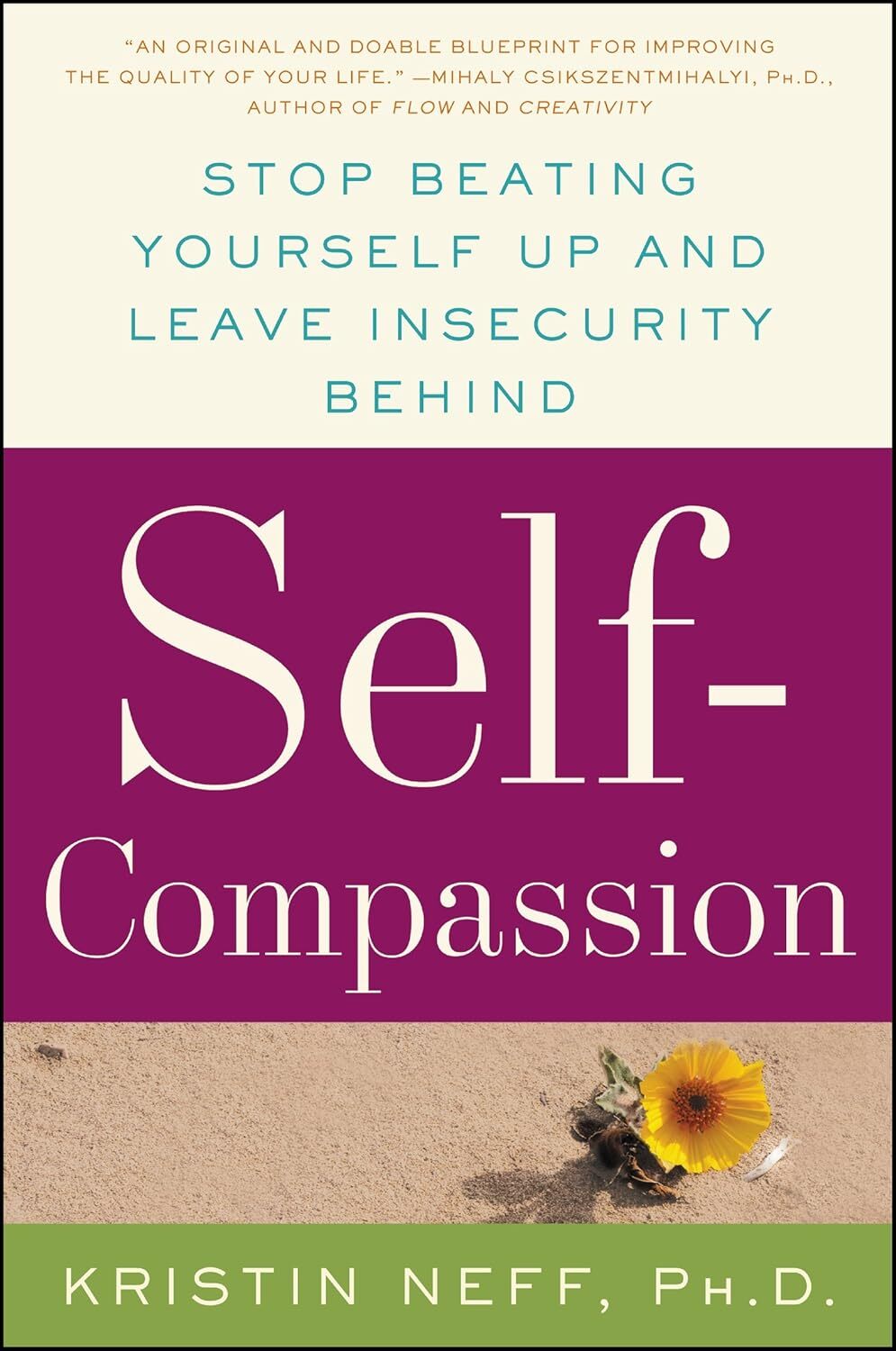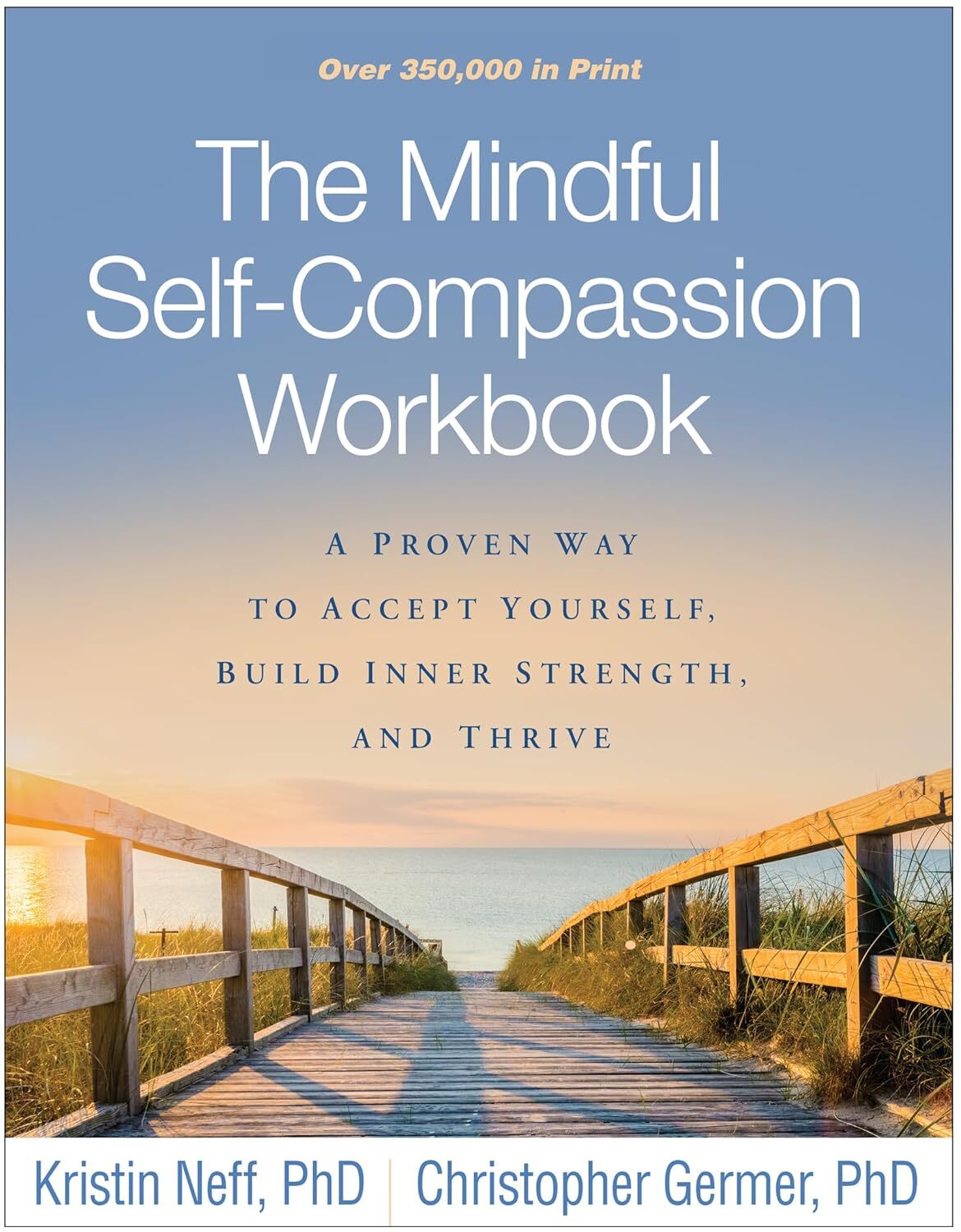Self-Kindness
Embrace Self-Support with Gentleness and Compassion

Introduction
Self-Kindness is a vital pillar of self-compassion, the practice of treating oneself with the same warmth, care, and understanding offered to a close friend. Self-kindness specifically focuses on fostering a gentle, supportive attitude toward oneself, especially during moments of struggle, failure, or self-criticism. By integrating self-kindness into daily life, individuals can nurture a healthier relationship with themselves and support personal growth.
Why It Works
Self-Kindness engages emotional regulation pathways in the brain, increasing activity in areas like the prefrontal cortex, which supports positive emotions, while calming the amygdala’s stress response. As a core aspect of self-compassion, self-kindness counters harsh self-judgment by encouraging a nurturing inner voice. Research shows that practicing self-kindness reduces symptoms of anxiety, depression, and self-criticism while enhancing self-esteem, emotional well-being, and resilience. By treating oneself with gentleness and understanding, self-kindness fosters inner peace and helps individuals embrace imperfections, making it a powerful tool for mental health and personal development.
How To Do It
Instructions:
- “I am doing my best, and that’s enough.”
- “I deserve kindness, just as I am.”
- “It’s okay to make mistakes.”
- “I am worthy of care and support.”
Helpful Tips:
- Start Small: Begin with brief moments of self-kindness, like a 2-minute pause during a busy day.
- Personalize Phrases: Use words that feel authentic, such as “I’m allowed to be imperfect” or “I can support myself.”
- Use Reminders: Set phone alerts or sticky notes with kind phrases to prompt self-kindness throughout the day.
- Practice Regularly: Incorporate self-kindness into daily routines to build a habit of self-support.
- Combine with Actions: Pair kind words with actions like a warm drink or a short walk to reinforce self-care.
- Be Patient: Shifting from self-criticism to self-kindness takes time; approach it with gentleness.
- Track Progress: Journal changes in how you relate to yourself to notice improvements.
- Address Resistance: If self-kindness feels awkward, acknowledge it and gently continue, recognizing it’s a new skill.
Recommended Videos
How to Be Kinder to Ourselves
The School of Life
The Space Between Self-Esteem and Self Compassion
Kristin Neff at TEDx Talks
How to Stop Beating Yourself Up
Therapy in a Nutshell
Influential Books
Offers expert advice on how to limit self-criticism and offset its negative effects, enabling you to achieve your highest potential and a more contented, fulfilled life.
Writing with great warmth and clarity, Tara Brach brings her teachings alive through personal stories and case histories, fresh interpretations of Buddhist tales, and guided meditations.
Are you kinder to others than you are to yourself? More than a thousand research studies show the benefits of being a supportive friend to yourself, especially in times of need.
* As an Amazon Associate I earn from qualifying purchases.
Helpful Websites
Popular Apps
Scientific Research
- Neff, K. D., & Germer, C. K. (2013). A Pilot Study and Randomized Controlled Trial of the Mindful Self-Compassion Program. Journal of Clinical Psychology, 69(1), 28-44. https://pubmed.ncbi.nlm.nih.gov/23070875/
- Bluth, K., & Neff, K. D. (2018). New Frontiers in Understanding the Benefits of Self-Compassion. Self and Identity, 17(6), 605-608. https://pubmed.ncbi.nlm.nih.gov/34305310/
- Zessin, U., Dickhäuser, O., & Garbade, S. (2015). The Relationship Between Self-Compassion and Well-Being: A Meta-Analysis. Applied Psychology: Health and Well-Being, 7(3), 340-364. https://pubmed.ncbi.nlm.nih.gov/26311196/
Related Topics:
Strongly Related
Reduce Stress:
[Links to related web pages]
[Links to related web pages]
[Links to related web pages][Links to related web pages]
Moderately Related
Issue B:
[Links to related web pages]
[Links to related web pages]









